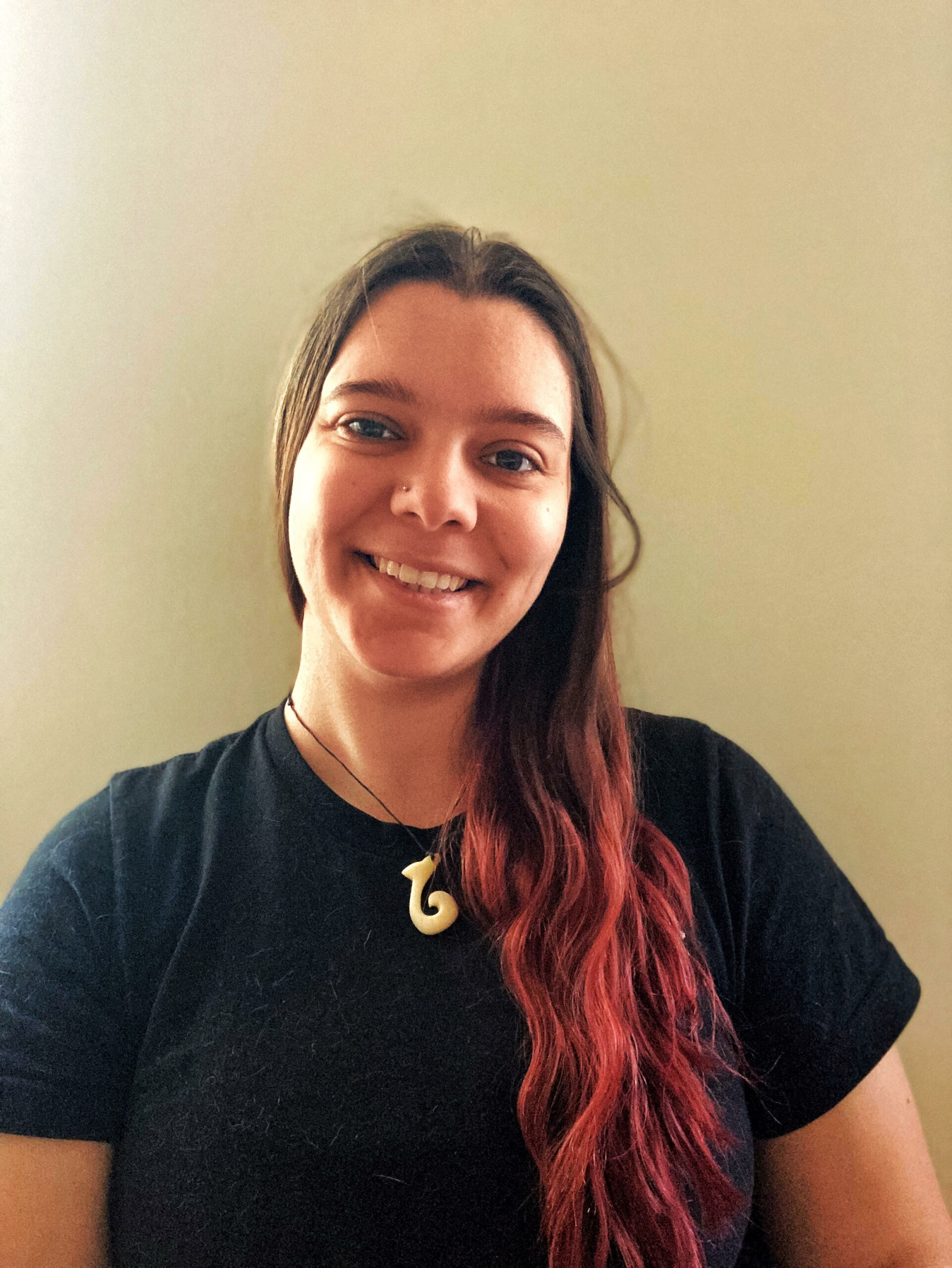
by Michele Kirichanskaya | Feb 14, 2025 | Blog
Ashley Wilda has an MFA in Creative Writing for Children and Young Adults from the Vermont College of Fine Arts. In addition to writing, she loves painting, making ceramics, playing music, rock climbing, and hiking with her husband, Ethan, and rescue pup, Phoenix. I...
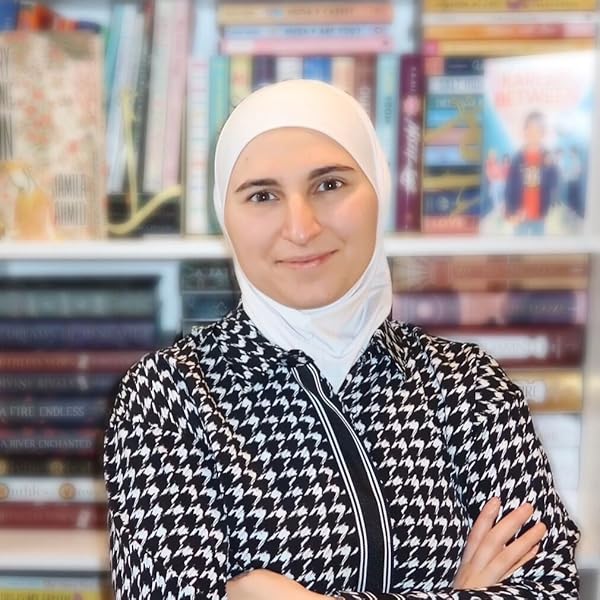
by Michele Kirichanskaya | Dec 13, 2024 | Blog
Shifa Saltagi Safadi is the author of Kareem Between and several picture books, including The Gift of Eid. She has a bachelor’s degree in English literature, teaches ELA at a local middle school, and reviews Muslim books on her blog, Muslim Mommy Blog. Shifa was born...
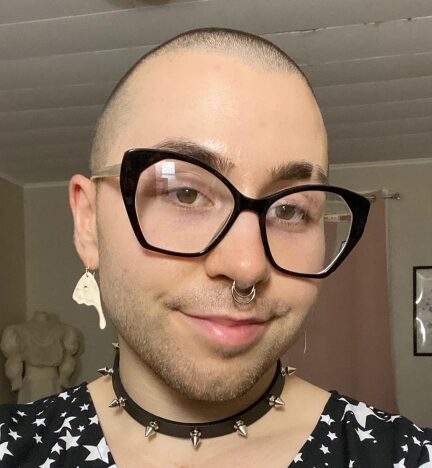
by Michele Kirichanskaya | Sep 11, 2024 | Blog
Robin Gow is a trans and queer poet, editor, and educator from rural Pennsylvania. Their books include Ode to My First Car, A Million Quiet Revolutions, and Blue Blood. They are the supportive services coordinator at Bradbury-Sullivan LGBT Community Center in...
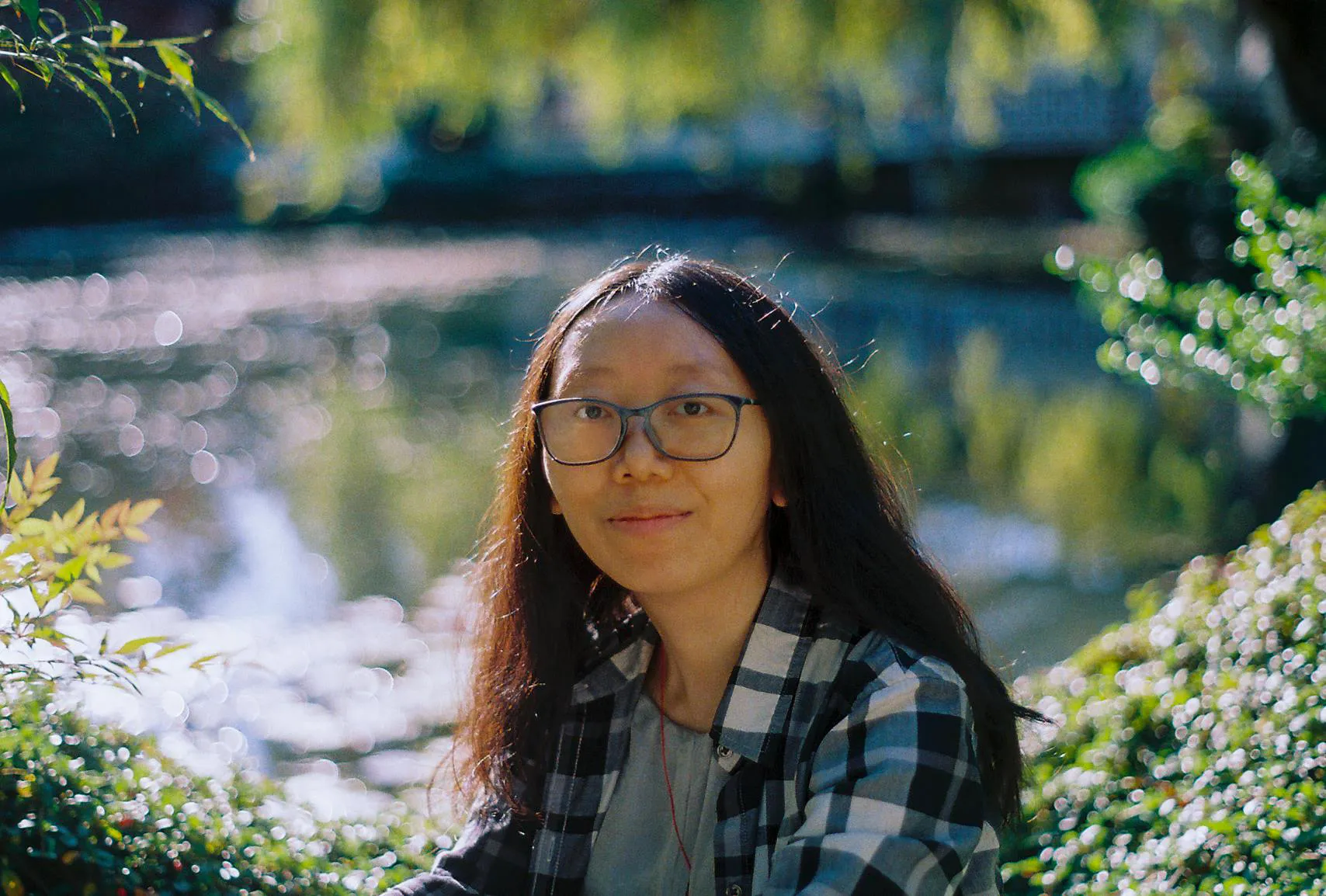
by Michele Kirichanskaya | Apr 5, 2024 | Blog
YILIN WANG 王艺霖 (she/they) is a writer, a poet, and Chinese-English translator. Her writing has appeared in Clarkesworld, Fantasy Magazine, The Malahat Review, Grain, CV2, The Ex-Puritan, The Toronto Star, The Tyee, Words Without Borders, and elsewhere. She is the...
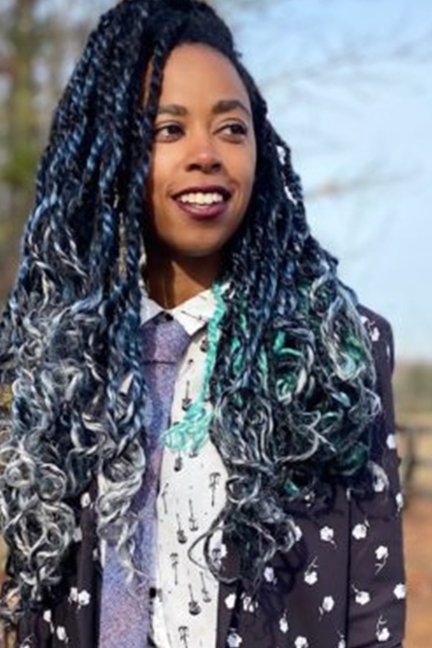
by Michele Kirichanskaya | Dec 20, 2023 | Blog
Amber McBride is an English professor at the University of Virginia. She also low-key practices Hoodoo and high-key devours books (150 or so a year keep her well fed). In her spare time, she enjoys pretending it is Halloween every day, organizing her crystals,...






